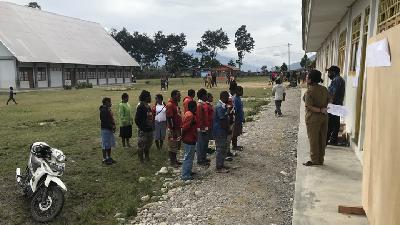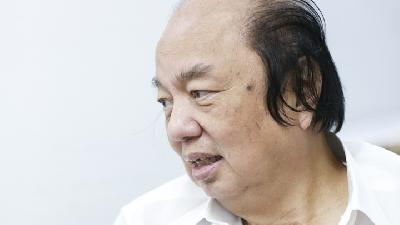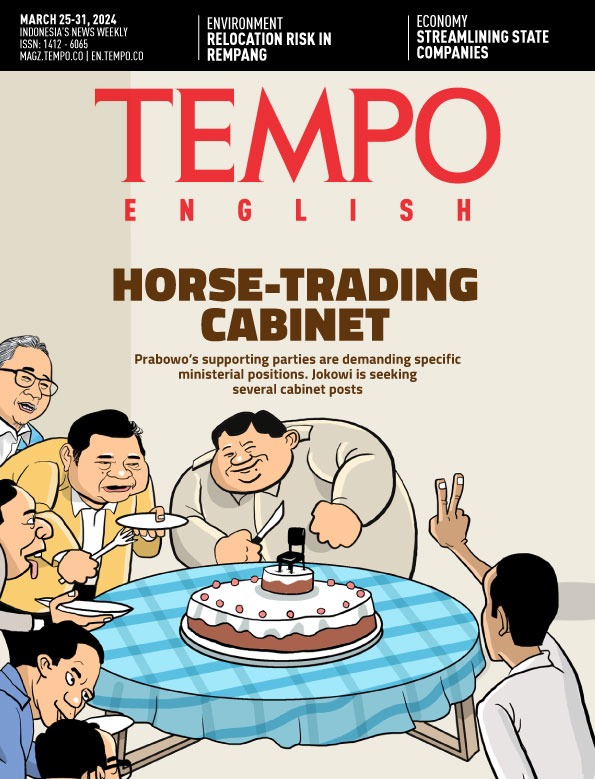A Love of Literature in Kensington
Tuesday, April 2, 2019
arsip tempo : 171361401164.

Joana Naves, foreign copyright manager for the Bertrand Editora publisher from Portugal, and Christina M. Udiani, Assistant Manager for Editing and Production at Gramedia Popular Kepustakaan (KPG), were all smiles when posing in front of the Indonesia Pavilion at the 2019 London Book Fair on Wednesday, March 13. They had just signed a copyright sales contract to translate the book Stories for Rainy Days into Portuguese.
That work of Naela A
...
Subscribe to continue reading.
We craft news with stories.
 For the benefits of subscribing to Digital Tempo, See More
For the benefits of subscribing to Digital Tempo, See More












